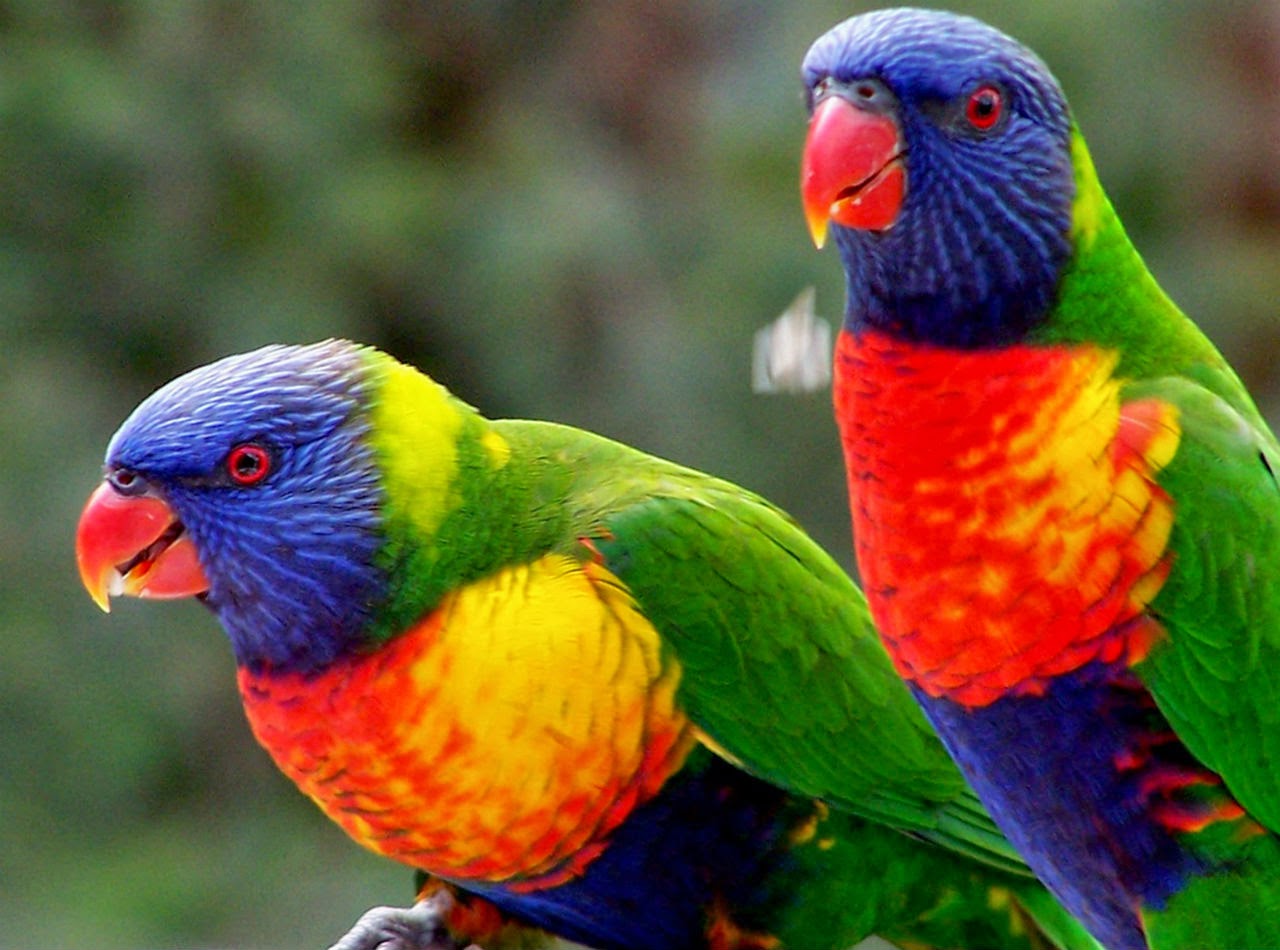Exotic birds captivate our imagination with their vibrant colors, unique behaviors, and often melodious songs. These avian wonders grace our planet with their presence, from the lush rainforests of South America to the arid deserts of Africa. Their striking appearances and intriguing lifestyles not only make them fascinating subjects for birdwatchers and wildlife enthusiasts but also highlight the delicate balance of ecosystems around the globe. As we delve deeper into the realm of exotic birds, we uncover not just their beauty but also the conservation efforts aimed at protecting these remarkable creatures for future generations.
Throughout history, exotic birds have held a special place in various cultures, symbolizing freedom, beauty, and grace. From the vibrant macaws of the Amazon to the elegant flamingos of the wetlands, these birds have inspired countless works of art, literature, and music. As we explore their diverse species, we will also examine the threats they face in the wild, emphasizing the need for awareness and action to preserve their habitats. Join us on this journey to discover what makes exotic birds so enchanting and why they deserve our admiration and protection.
In this article, we will answer some common questions about exotic birds, including their habitats, behaviors, and conservation status. We will also provide tips for bird enthusiasts on how to attract these magnificent creatures to their own backyards. Whether you are a seasoned birdwatcher or just starting to discover the beauty of avian life, there is something here for everyone. Let’s spread our wings and fly into the wonderful world of exotic birds!
What Are Exotic Birds?
Exotic birds refer to species that are not native to a specific region and are often characterized by their colorful plumage, unique calls, and fascinating behaviors. These birds can be found in various habitats around the world, including tropical rainforests, savannas, and coastal regions. Some of the most well-known exotic birds include:
- Macaws
- Parrots
- Flamingos
- Peacocks
- Toucans
Where Do Exotic Birds Live?
Exotic birds inhabit a wide range of environments, often depending on their specific species. Some of the most notable habitats include:
- Tropical Rainforests: Home to species like macaws and toucans.
- Wetlands: A haven for flamingos and herons.
- Savannas: Where you might find colorful birds like the African Grey Parrot.
- Islands: Unique species, such as the Kakapo, are often found only in specific island ecosystems.
What Are the Most Colorful Exotic Birds?
Color plays a significant role in the appeal of exotic birds. Some of the most colorful species include:
- Scarlet Macaw: Bright red, yellow, and blue feathers make this bird a favorite among birdwatchers.
- Hyacinth Macaw: The largest flying parrot, known for its stunning cobalt blue plumage.
- Golden Pheasant: A striking bird with vibrant yellow and red feathers.
- Mandarin Duck: Famous for its intricate patterns and vibrant colors.
Why Are Exotic Birds Important to Our Ecosystem?
Exotic birds play crucial roles in the ecosystems they inhabit. They contribute to the health of their environments in various ways, including:
- Pollination: Many exotic birds, like hummingbirds, help pollinate plants, ensuring the continuation of diverse plant species.
- Seed Dispersal: Birds such as toucans and parrots assist in spreading seeds, promoting plant diversity and growth.
- Pest Control: Some exotic birds feed on insects, helping to control pest populations.
What Threats Do Exotic Birds Face?
Despite their importance, exotic birds face numerous threats that jeopardize their survival, including:
- Habitat Loss: Deforestation and urbanization lead to the destruction of their natural habitats.
- Illegal Trade: Many exotic birds are captured and sold illegally, putting immense pressure on their populations.
- Climate Change: Altered weather patterns can disrupt breeding and feeding habits.
How Can We Help Protect Exotic Birds?
Conservation efforts are essential for safeguarding exotic birds and their habitats. Here are some ways individuals can help:
- Support Conservation Organizations: Donate to or volunteer with organizations dedicated to bird conservation.
- Educate Others: Share knowledge about exotic birds and their threats with friends and family.
- Encourage Sustainable Practices: Advocate for sustainable land use and responsible eco-tourism.
Are There Exotic Birds You Can Keep as Pets?
Many people are drawn to the idea of having exotic birds as pets. However, it's essential to research and consider the responsibilities involved. Some popular exotic birds kept as pets include:
- Budgerigar (Budgie)
- Lovebird
- Cockatiel
- Amazon Parrot
Before acquiring an exotic bird as a pet, it’s crucial to ensure that you can provide a suitable environment, proper nutrition, and adequate social interaction. Additionally, adopting birds from shelters or rescue organizations is a more ethical choice than purchasing from pet stores.
What Are the Unique Behaviors of Exotic Birds?
Exotic birds exhibit a range of fascinating behaviors that make them a joy to observe. Some of these behaviors include:
- Vocal Mimicry: Many parrots can imitate human speech and other sounds.
- Social Interactions: Exotic birds often live in flocks and engage in complex social behaviors.
- Playfulness: Birds like cockatoos are known for their playful antics.
Conclusion: Why Should We Cherish Exotic Birds?
Exotic birds are not only extraordinary for their beauty but also integral to the health of our ecosystems. By understanding their needs and the challenges they face, we can take meaningful steps to protect these magnificent creatures and their habitats. Whether you’re an avid birdwatcher or simply someone who appreciates nature, the enchanting world of exotic birds is one worth exploring and preserving for generations to come.
Unraveling The Legacy Of El Tata
Unleashing The Rhythm: The Life And Legacy Of Michael Mangini
Aman Dominican Republic: A Luxurious Tropical Escape


